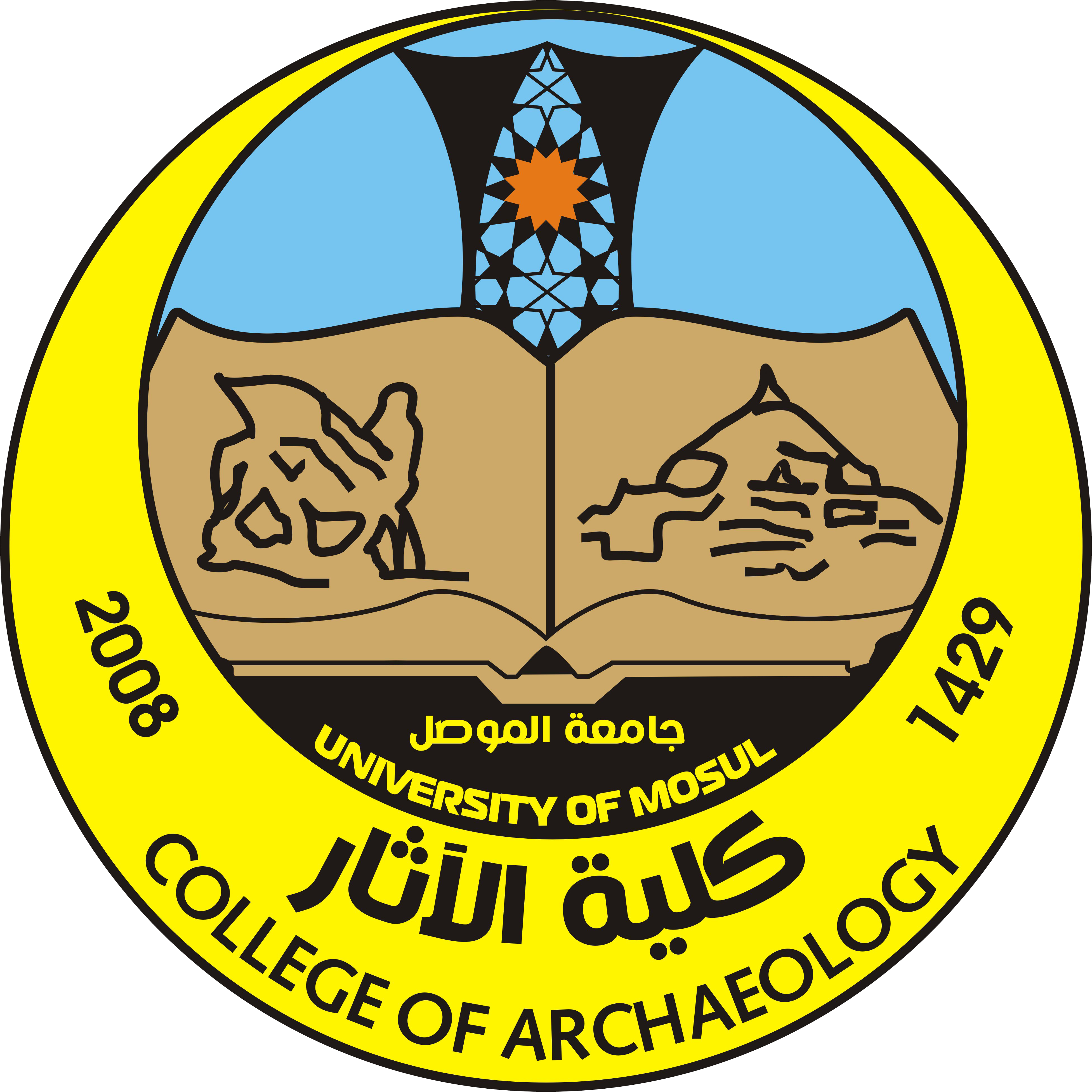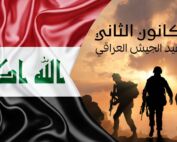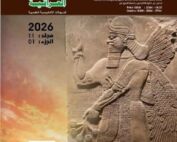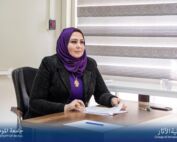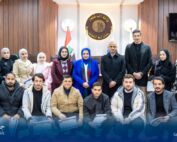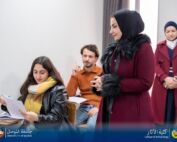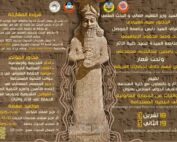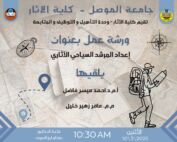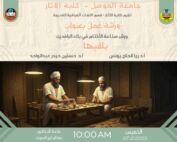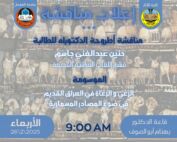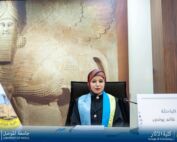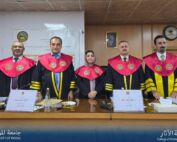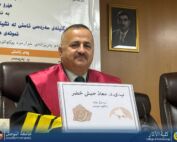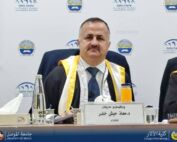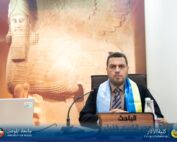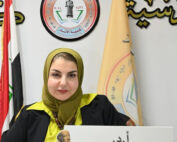3 August، 2023
A master’s thesis at the College of Archaeology discussing (Holidays and Celebrations in the Hittite Kingdom (1680 – 1207 BC))

On Thursday, August 3, 2023, the Department of Civilization at the College of Archaeology at the University of Mosul discussed at Dr. Behnam Abu Al-Soph’s Hall in the college, the master’s thesis entitled (Holidays and Celebrations in the Hittite Kingdom (1680 – 1207 BC)). Part of this thesis was attended by Assistant Professor Dr. Yasser Jaber/ Dean’s Asst. for the College of Archeology for Scientific Affairs and a number of college staff.
The study presented by the researcher (Ali Rajab Hajji)/ the Department of Civilization dealt with an introduction to the geographical environment of Anatolia and the origin of the Hittites, as well as a summary of the political history of the Hittite Kingdom. Given the importance of the study subject matter, the concept of holidays and celebrations and the importance of holding them, the concept of holiday and celebration linguistically and terminologically, as well as the origin of the word and its derivation, and the importance of holding holidays and celebrations.
The study touched upon the most important holidays and celebrations, their names and ceremonies, the activities and events of these holidays and celebrations, and the participants in holding them for the period (1680-1207 BC) which included the king, the queen, priests, priestesses, palace employees, military commanders, provincial governors, and others, as well as the cities in which the holidays and celebrations were held, such as the city of Hattusha, Nerik, and Zibellanda , Arina, Kizwatna, Katappa, Ankwa.
The thesis aims to study the most important cultural aspects in Anatolia during the Hittite period, which included Hittite celebrations, and included royal celebrations such as the celebration of the coronation of the king and the marriage of princesses, and public celebrations, including engagement, marriage, birth, and naming of the child, as well as victory celebrations and aspects of the activities and events accompanying holidays and celebrations, and offering sacrifices and its types, and included sacrifices, food and drinks, and entertainment activities such as songs, music, and dancing, as well as amusement games during the period limited to (1680 – 1207 BC).
The viva committee was chaired by Assistant Professor Dr. Muhammad Hamza Hussein, with the membership of Assistant Professor Dr. Jiar Siddiq Ramadan from the University of Dohuk/ College of Human Sciences/ Department of Archeology and Assistant Professor Dr. Khalaf Zidan Khalaf, and under the supervision and membership of Assistant Professor Dr. Hani Abdul-Ghani Abdullah.





